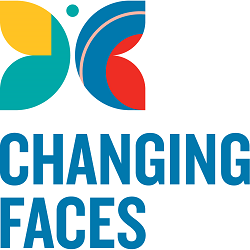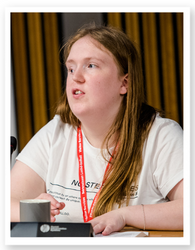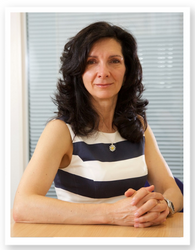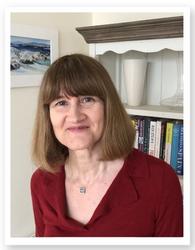
NHSGGC Sign Up for Pledge to be Seen Campaign
1 in 5 people in the UK identify as having a visible difference – a mark, scar or condition that affects their appearance. Yet more than half feel they are ignored by organisations. It’s time for people with a visible difference to be seen and heard. That’s why we are proud to have signed up to Changing Faces’ #PledgeToBeSeen campaign, committing to represent more people with a visible difference in our publications and campaign.

“I’m proud that an organisation as significant as NHS Greater Glasgow and Clyde has agreed to back Changing Faces’ Pledge To Be Seen campaign. When you stop and think about it, you hardly ever see someone with a visible difference in adverts or marketing campaigns, and all too often, if visible differences are represented in popular culture, it isn’t in a positive way, with the “disfigured villain” trope still very common.” Kaylin McLaughlin, local campaigner for Changing Faces
What is ‘Visible Difference’?
Changing Faces describe visible difference as a scar, mark or condition on your face or body that makes you look different.
This can be something you are born with or it could happen later. Anyone can be affected by a visible difference, at any point in their life.
Examples include –
- A condition that changes the shape, size, feel or look of the face or body, or how it functions, such as vitiligo, psoriasis or alopecia.
- A part of the face or body that is different, such as a birthmark, cleft lip or having fewer fingers on one hand.
- Scars, burns or changes to the face or body from an accident, an act of violence or self-harm. These can also occur because of an illness, treatment or operation.
The impact of a visible difference varies from person to person. Some people are proud of their visible difference and live fulfilling lives. Others find it emotionally challenging and feel that it limits what they can do.
Staff Learning & Resources
Online learning sessions offer a great opportunity to increase our understanding of the issues around visible difference and better support our patients and colleagues.
Representatives of Changing Faces can share what it’s like to live with a visible difference, talk about language, when and how to ask about difference, and how we can increase positive representation of visible difference.
If you would like more information on learning sessions for your team or staff group, please contact martin.patterson@ggc.scot.nhs.uk
Changing Faces also offers information specifically for health staff working with patients who have a visible difference.
Information updates for healthcare professionals

“Providing fair and equitable healthcare for all is at the heart of NHS Greater Glasgow & Clyde and we are acutely aware of how important it is to accurately represent our diverse community in all our materials and campaigns.
Our ongoing commitment to building a fairer workplace for everyone means creating an environment where diversity is valued – better equipping us to appropriately support our patient community.
This pledge reinforces our resolve to ensure that anyone with a visible difference feels both seen and heard by our organisation.” Dr Emilia Crighton, Interim Director of Public Health, NHSGGC
Support
Many people with a visible difference have social anxiety, depression and low confidence.
Changing Faces offer a range of free, specialist wellbeing services, including:
- self-help information
- a support & information line
- Online peer community (Health Unlocked)
- 1-1 counselling (child and adult)
- Online facilitated Peer Support groups
- 1-1 Skin Camouflage (online and f2f)
- Workshops for children and families
Support in the Workplace
Support is also available for any staff member experiencing issues in the workplace. Contact the HR Support & Advice Unit on 0141 278 2700
Get Involved
If you have experience of the issues highlighted in the campaign and would like to get involved, please contact the Equality & Human Rights Team at equality@ggc.scot.nhs.uk

“Having NHS Greater Glasgow and Clyde commit to being a Pledge To Be Seen organisation is a huge step forward for our mission in Scotland. Being partnered with the UK’s largest NHS health provider will ensure many more people learn about what life is like with a visible difference, and how they can make the world a more accepting place.” Heather Blake, Chief Executive, Changing Faces
“I have worked with many service users who have visible differences and am only too aware of the negative response that people may have to deal with in various aspects of their life.
More and better representation across society is crucial to creating acceptance. It is also important that every one of us can be reassured by seeing ourselves represented by organisations we rely on for our health and wellbeing, such as NHSGGC.” Dr Rebecca Crawford, Consultant Clinical Psychologist, NHSGGC